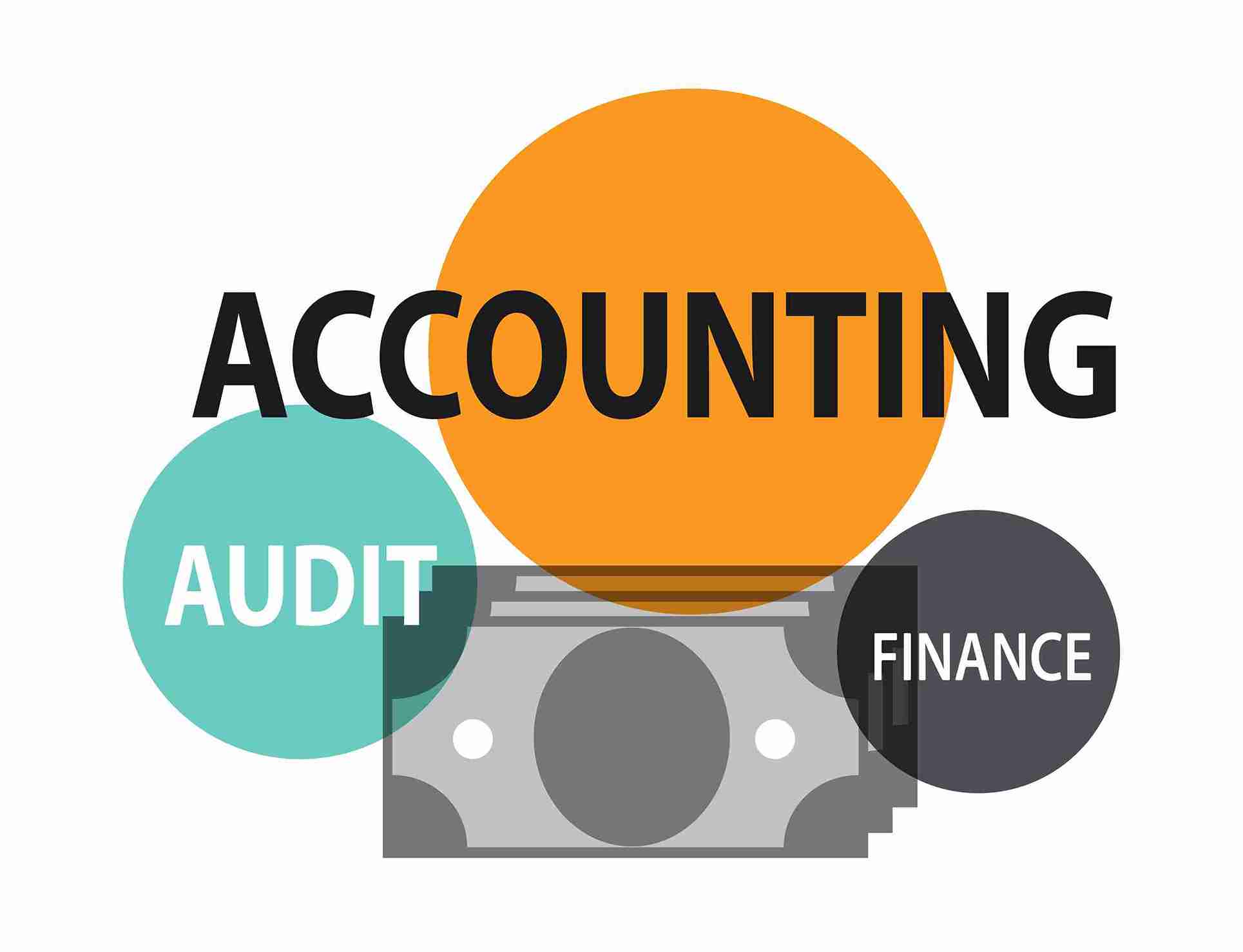Good and effective communication is the backbone of any successful relationship, be it at work, in school or in personal life. But, what truly makes communication effective isn’t just the ability to speak or write well, it’s about how clearly the message is delivered, received and understood.
In this blog, we will learn about the main attributes of effective communication that help messages get perceived the way they are meant to be. Besides this, we will also explore the characteristics of communication, what makes it effective and how it contributes to help improve communication skills over time.
Attributes/Characteristics Of Communication:
When we say “attributes of effective communication,” we talk about the key features or qualities that make a conversation successful and meaningful. Top characteristics of communication are:
1. Clarity
If your message is not clear, it won’t be effective and meaningful. Clarity means being direct, organized, clear and easy to understand. Avoid hard to understand or overly complicated language, keep your message simple and to the point so there’s no room for confusion.
Clarity involves structuring the message with a beginning, middle and end, whether you are writing an email or speaking in a meeting.
Example: Instead of saying “I might not be available due to some prior commitments,” say “I won’t be able to join the meeting at 3 PM because I have another appointment.”
2. Conciseness
No one likes an overly-detailed explanation. It is very important to get to the point quickly without skipping important details. This holds a strong importance in professional environments, where time is limited and attention spans are short.
One must also avoid repeating themselves or using filler words. Every sentence should add value to the conversation or message.
3. Active Listening
Effective communication is a two-way street and hence, listening is just as important as speaking. Active listening involves paying full attention to the speaker, understanding their message and responding thoughtfully.
Tips: Ask clarifying questions, nod to show you’re engaged and resist the urge to interrupt. This not only helps you understand the message better but also makes the speaker feel heard and respected. Empathy
4. Empathy
Understanding the feelings and perspectives of others helps you communicate in a way that’s respectful, relatable and human. Empathy builds trust and encourages open expression of thoughts and feelings, even in challenging conversations.
For example: acknowledging someone’s concern before getting into a solution shows that you care and makes your response more impactful.
5. Body Language
Communication isn’t just limited to verbal, but non-verbal actions like posture, facial expressions, gestures and eye contact also plays a huge role. They can reinforce your message or contradict it.
Example: Maintaining eye contact, sitting upright and using open gestures show confidence and honesty. On the other hand, crossed arms or avoiding eye contact may signal disinterest or discomfort.
6. Confidence
A confident speaker commands attention and respect. However, it is important to understand that confidence doesn’t mean arrogance – it means expressing yourself with assurance and authenticity.
Example: Speak clearly, avoid fillers like “um” or “maybe,” and believe in what you’re saying. This helps your message come across as trustworthy and strong.
7. Feedback
Giving and receiving feedback is one the most powerful parts of effective communication. It helps clear up confusion, keeps everyone aligned and builds better conversations over time.
Whether you are giving or receiving it, the key is to keep it respectful and constructive. A well put suggestion or word of appreciation can make feedback communication smoother and more effective.
Example: Use positive, constructive language when you are giving feedback. When receiving it, one must listen with an open mindset and avoid getting defensive.
8. Adaptability
Situations and people never stay the same and thus, different audiences and situations call for different styles of communication. Adaptability is about knowing and understanding when to be formal or casual, concise or detailed, serious or lighthearted.
Example: The way you speak in a team meeting will differ from how you communicate with a friend. Being flexible in your approach makes you a more effective communicator.
9. Tone Of Voice
Words are powerful! The way you say something matters just as much as the words you use. Your tone can express encouragement, frustration, sarcasm or empathy. Therefore, ensure your message is received well and match your tone with your intent. A supportive tone encourages openness, while a harsh tone may shut down communication.
Example: Saying “Can you finish this today?” in a calm, friendly tone sounds like a simple and respectful request. But the same sentence, when said with a sharp or irritated tone can come across as demanding or rude.
10. Purpose
Every message sent should have a goal, whether it’s to inform, request, apologize, persuade or inspire. Knowing your purpose helps keep your message focused and impactful.
Example: Before you speak or write, ask yourself: What am I trying to achieve? What do I want the other person to know, feel or do? Clear intentions lead to clear communication.
Jobs On Job Hai Platform
| Back Office Jobs | HR Admin Jobs |
| Accountant Jobs | Business Development Jobs |
| Event Management Jobs | Customer Support Jobs |
Importance Of Characteristics Of Communication:
Understanding and practicing characteristics of effective communication in your daily life can improve your relationships, both personally and professionally. Here’s why they matter:
- It helps your message be perceived clearly and understood the way you intend.
- It boosts confidence and reduces misunderstandings.
- Strong communication skills enhance leadership, collaboration and problem-solving.
- Whether presenting, leading, emailing or chatting, these skills help your message connect with others.
Effective communication is not just a soft skill, it is a career booster, a relationship builder and a powerful tool for self-expression.
Conclusion:
Mastering the qualities of effective communication is not a one day task, but takes consistent effort for long-lasting impact. Strong and effective communication prevents misunderstandings, improves teamwork and builds trust.
From clarity and confidence to empathy and adaptability, each characteristic enhances your ability to connect meaningfully with others. Whether it is about giving a presentation, addressing and navigating a serious conversation or simply trying to be more mindful in daily chats, these attributes of effective communication will help you stand out and connect better.
FAQs
Q1: What best defines effective listening?
A- Effective listening is an active process of fully concentrating, understanding, responding and remembering what is being said. It involves attention, patience and avoiding distractions to ensure clear and meaningful communication.
Q2: What are the factors of effective communication?
A- Effective communication depends on factors like clarity, active listening, appropriate medium and timely feedback.
Q3: What are the 7cs of effective communication?
A- The 7 C’s of effective communication are clarity, conciseness, concreteness, correctness, consideration, completeness, and courtesy. These principles help ensure that the message is clear, accurate, respectful and easy for the audience to understand and respond to effectively.






 Facebook
Facebook Instagram
Instagram Twitter
Twitter